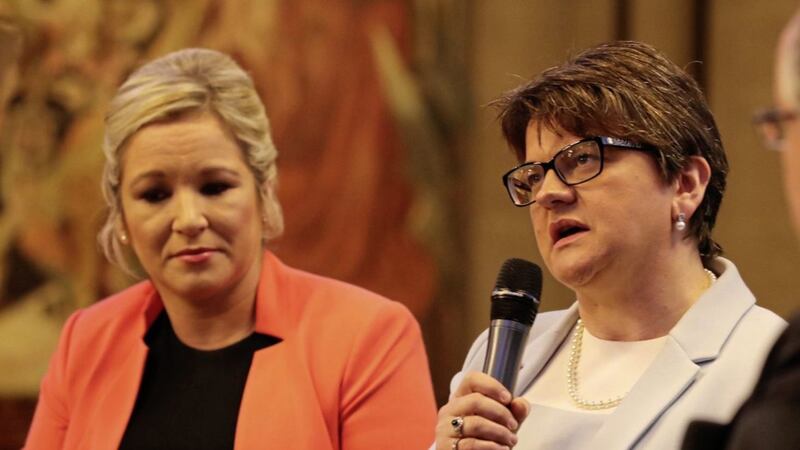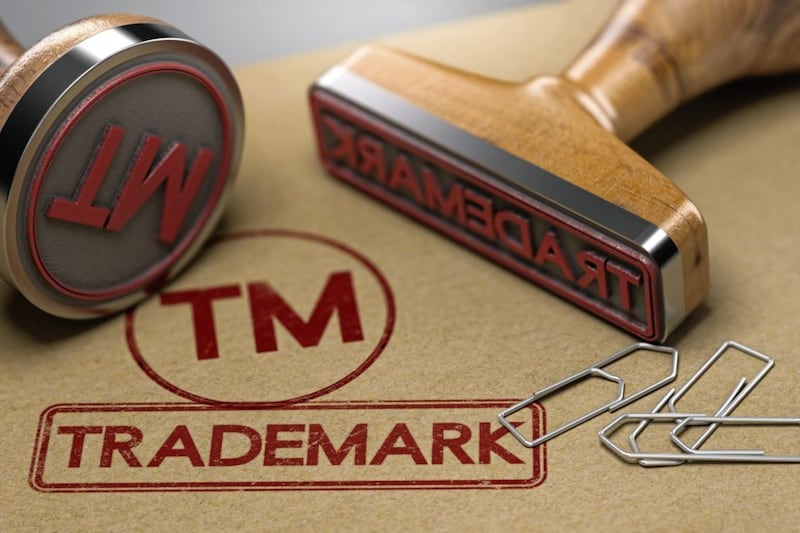TOMORROW the five main political parties re-commence negotiations in the search for a breakthrough that will restore devolution to Northern Ireland. Since the Stormont apparatus fell apart 12 months ago we have become only too familiar with headlines about spiralling waiting lists and depleted classroom supplies. A caretaker budget can only hold for so long and if this new attempt falls short like those previously then it is difficult to see any other option over a period of direct rule from Westminster. But, budgetary pressure is only one part of the picture, legislation is an important factor too.
Last June, following the tragic events at Grenfell Tower in London the UK government announced an independent review into building regulations and fire safety. Dame Judith Hackett published her interim report in December, and called for greater accountability in fire safety. She said individuals who "commission, design and build" properties should be identifiable as responsible for ensuring those buildings are fit for purpose. Other headline interim measures include a proposed tightening of the requirement to review fire risk assessments. Instead of having to conduct those assessments on a "regular" basis, as is currently the case, the assessments would have to be carried out annually. A further requirement to share fire risk assessments with building residents and the appropriate fire and rescue service is also to be introduced.
Responding to these interim findings the UK secretary of state for communities and local government, Sajid Javid MP, confirmed that the government accepted all of the recommendations and given the harrowing impact of Grenfell on the public consciousness, it can be expected that Westminster will seek to implement the final report (due Spring 2018) without delay.
However these new regulations would not apply to Northern Ireland, since our framework is a devolved matter under the jurisdiction of the Department of Finance.
Two pieces of legislation are relevant to the issue, Building Regulations (Northern Ireland) 2012; and Fire Safety Regulations (Northern Ireland) 2010. On technical issues such as these, the approach in Northern Ireland is almost always to reflect changes in England and Wales with mirroring or read-across legislation.
To reflect new standards both these instruments would require amendment or replacement by specific Northern Ireland legislation. Civil servants can keep the cogs of government turning, applying a little financial oil here and there, but they cannot introduce legislation. This would have to be enacted by a minister, either devolved or direct rule.
There is little doubt people living in high-rise properties in Northern Ireland would be dismayed if they couldn't enjoy the same sense of safety and security in their homes as counterparts in Great Britain. But when these changes are implemented, in the absence of a political shift either at Stormont or in Whitehall, that is exactly the scenario in which we would find ourselves.
This is only one issue, in one industry. There are likely many others, but it is a good example of how you cannot neglect the levers of government forever.
:: Senior associate at Pinsent Masons, Ciaran McNamara is an expert in construction and infrastructure projects across the UK and Ireland with a mix of both contentious and non-contentious experience.







